Thomas Kiefer
February 11, 2019
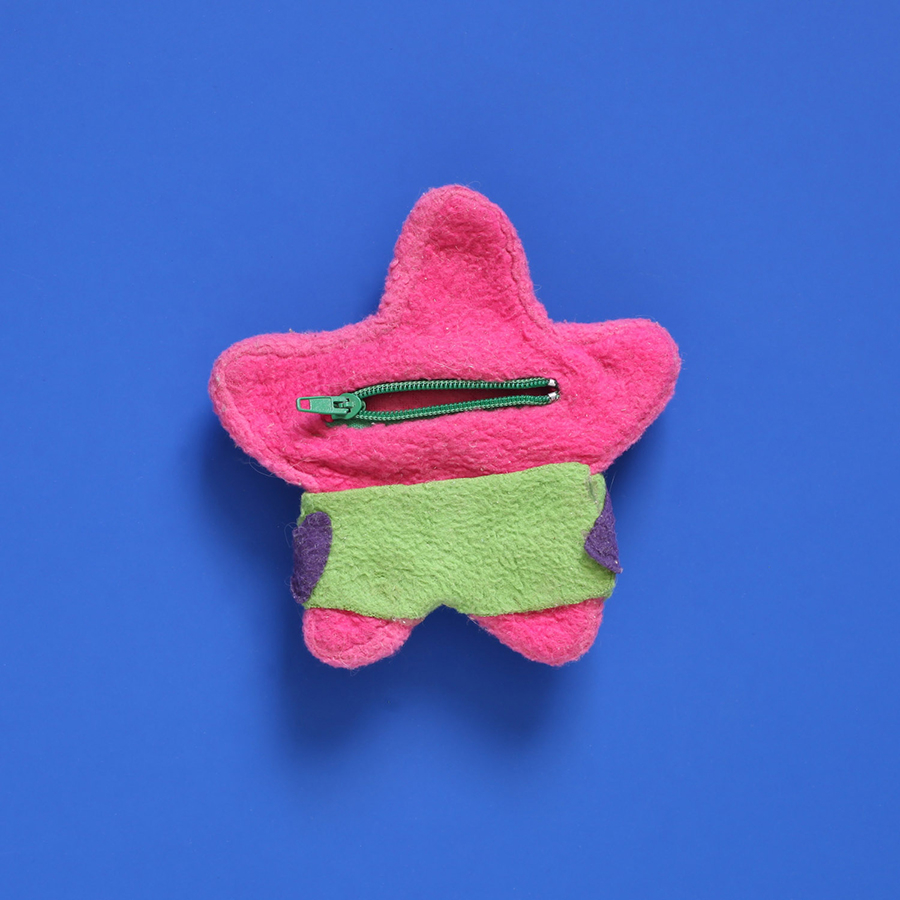
Thomas Kiefer | El Sueño Americano
Either you or someone you know is likely watching Marie Kondo’s Tidying Up on Netflix, espousing the life-changing virtue of shedding one’s things. I feel the American culture attaching a moral purity to the disposal our stuff. We have too much. Time to pile it up and get it out of sight; purify, cleanse, choose what we own. I think about the Kondo phenomenon as I approach Tom Keifer’s El Sueno Americano, a portrait of immigration in America that has been carefully molded from migrant’s possessions.
I should really call them “dispossessions.” Keifer worked for a few years as a janitor for the US Customs and Border Protection, where he began quietly collecting, categorizing and photographing objects confiscated from migrants before they were held in suspension. Things like combs, bibles, water canteens, a child’s coin purse… all considered non-essential items, were taken and not returned. These things were piled up and trashed, but not by the result of an empowering choice.
Before embarking on a long and arduous journey, I imagine that travelers have to make a tough edit, not entirely dissimilar to the suburban purge — “I will take with me only what is essential, and maybe something that brings me joy.” And then these objects which have accompanied them, which are their personal property, are seized from them.
If we as modern Americans have the power to sort and hold onto what we want, the people represented in Keifer’s images have that power taken from them. It is a dehumanizing loss, to have someone unnecessarily take your toothpaste away from you. His pictures offer us a chance to focus on the humanity of the migrants, however anonymous they remain. “Pay attention to this loss, this dehumanization” the photographs say. I believe this is what Keifer wanted to show us when he decided to dig through the trash and bring these objects back to light.
- Lisa
View the series here: www.tomkiefer.com
And here on instagram
Photographs courtesy of Thomas Kiefer and Redux Pictures
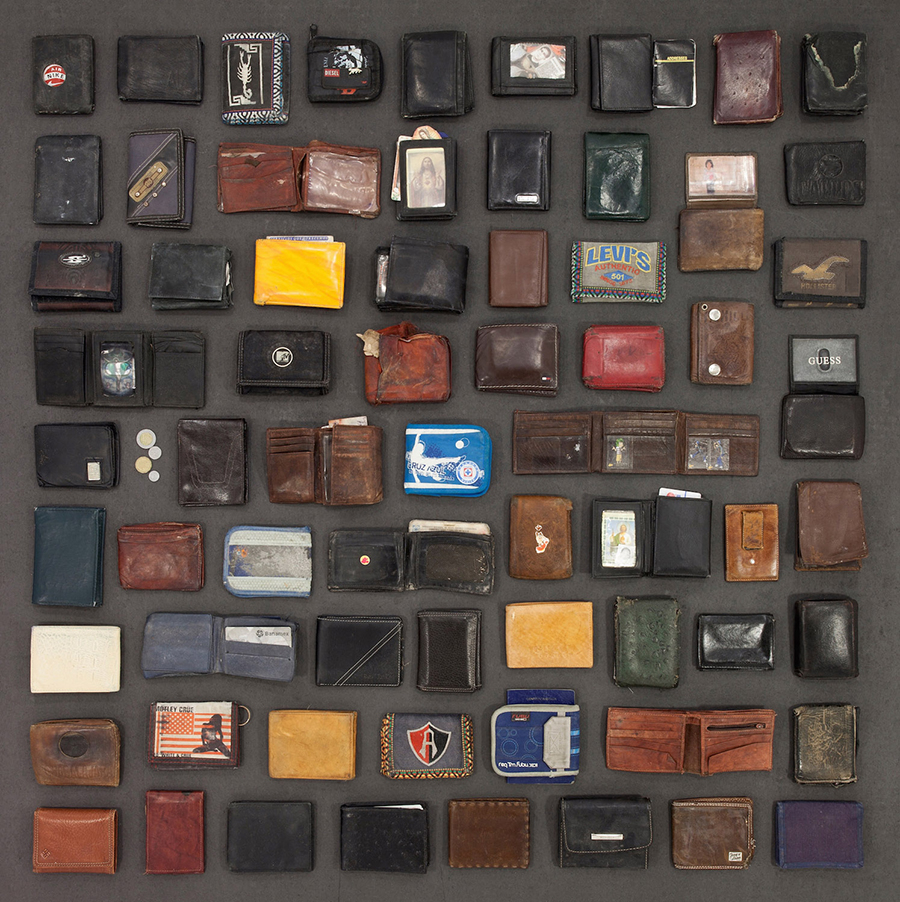
After being apprehended, a detainee’s belongings are either placed in a property bag or remain in the backpack they traveled with. Sometimes essential items such as wallets and personal identification is discarded.
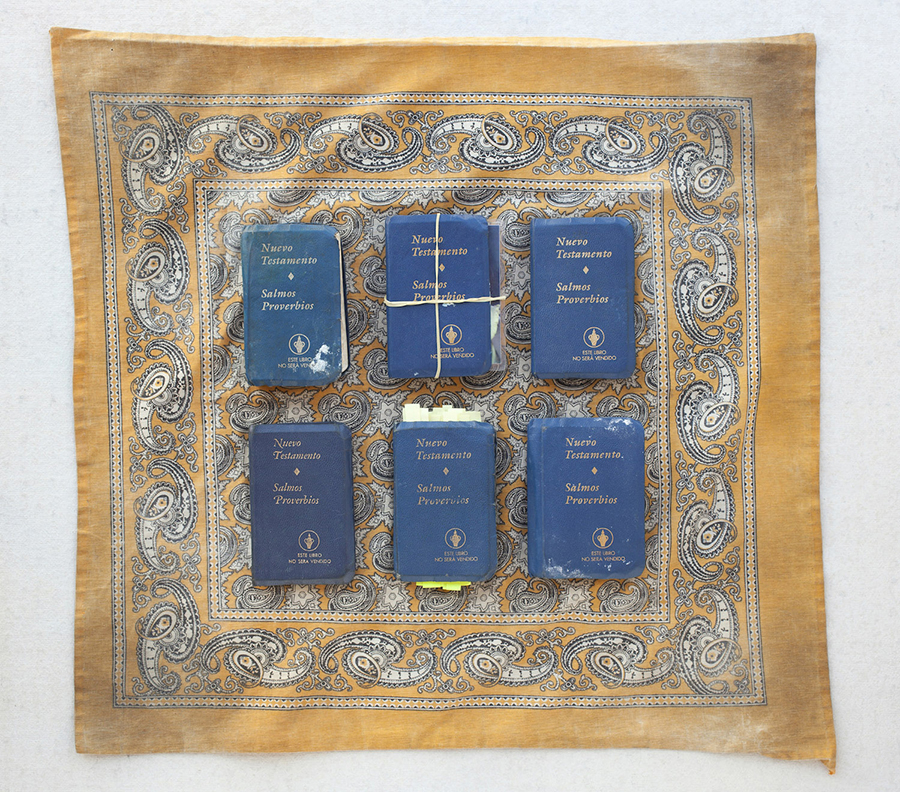
Placed upon a migrants’ bandana, these New Testaments were considered non-essential personal property and discarded during the initial stages of processing.
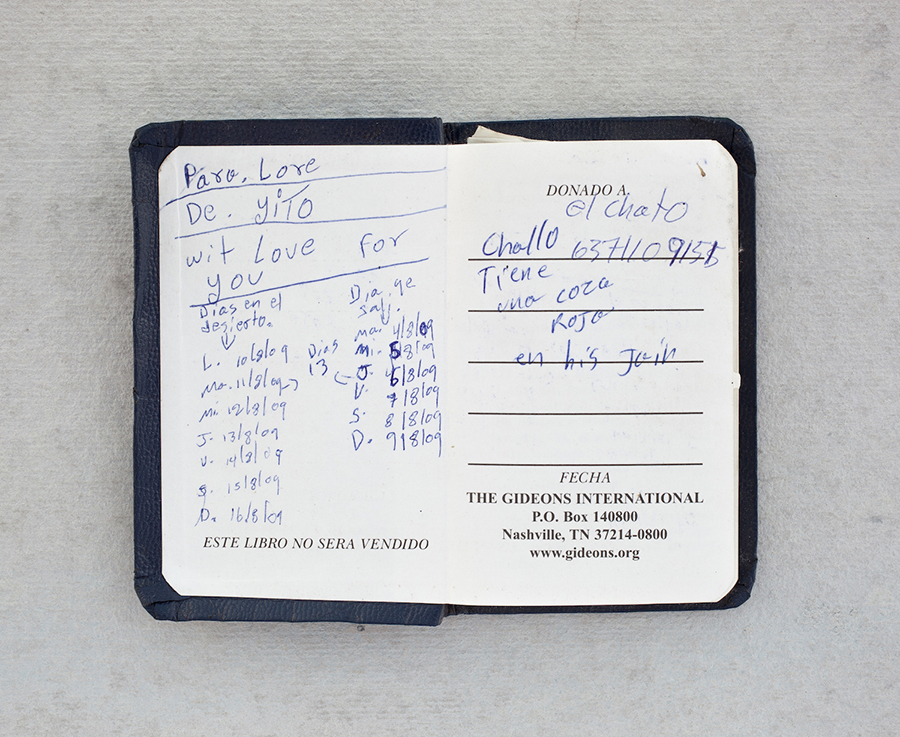
The inside cover of a New Testament has a record of a migrants travel to and entry into the U.S. via the Mexico/Arizona border. This person crossed into the U.S. on August 10, 2009 and was apprehended six days later. The item was considered non-essential personal property and discarded during processing.
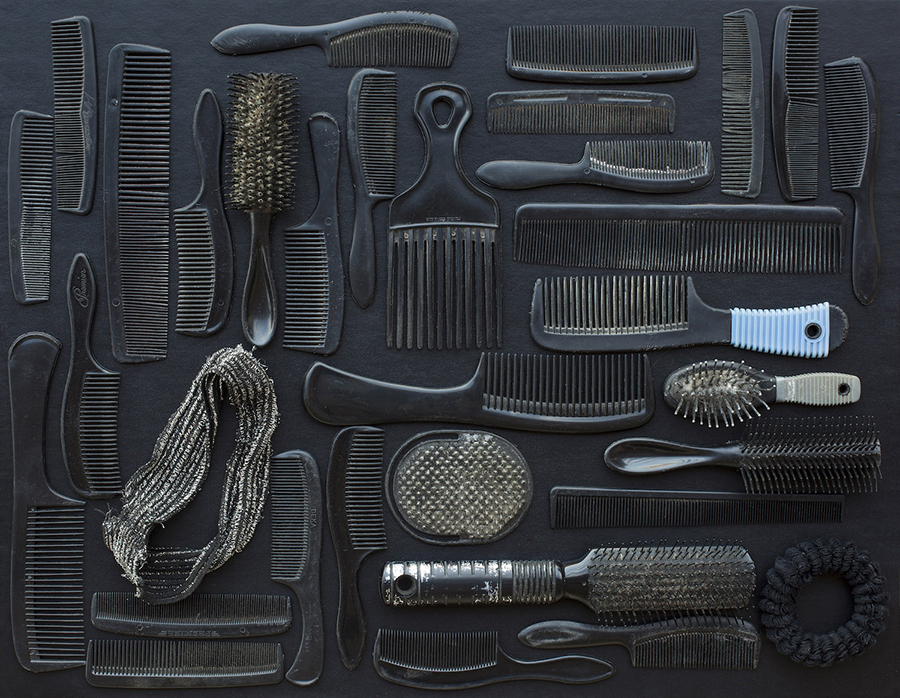
Personal items such as combs, brushes and elastic hair bands are considered non-essential, potentially lethal and discarded during intake.
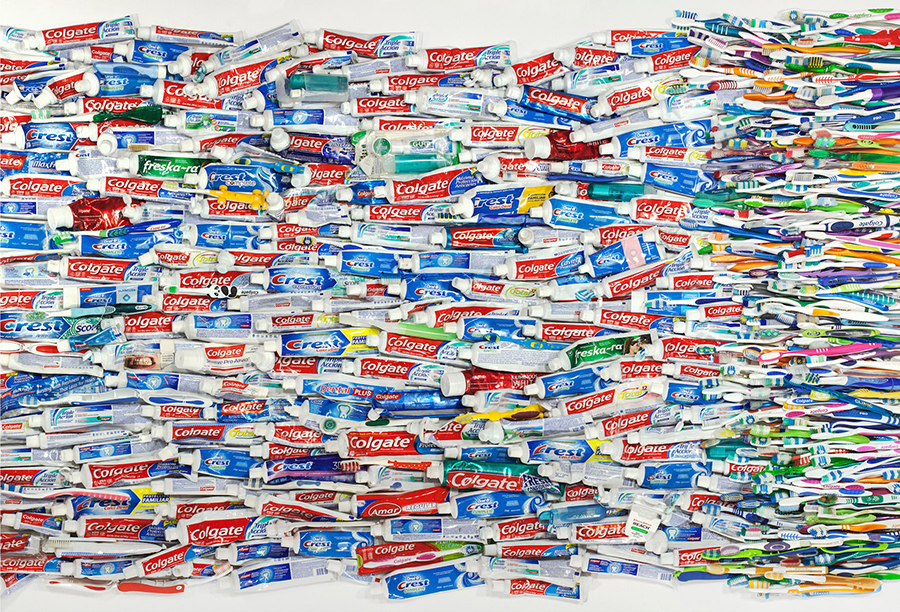
Toothpaste and toothbrushes are considered potentially lethal non-essential personal property and are disposed of during intake. While in custody, most migrants will not have access to toothpaste and toothbrushes.[
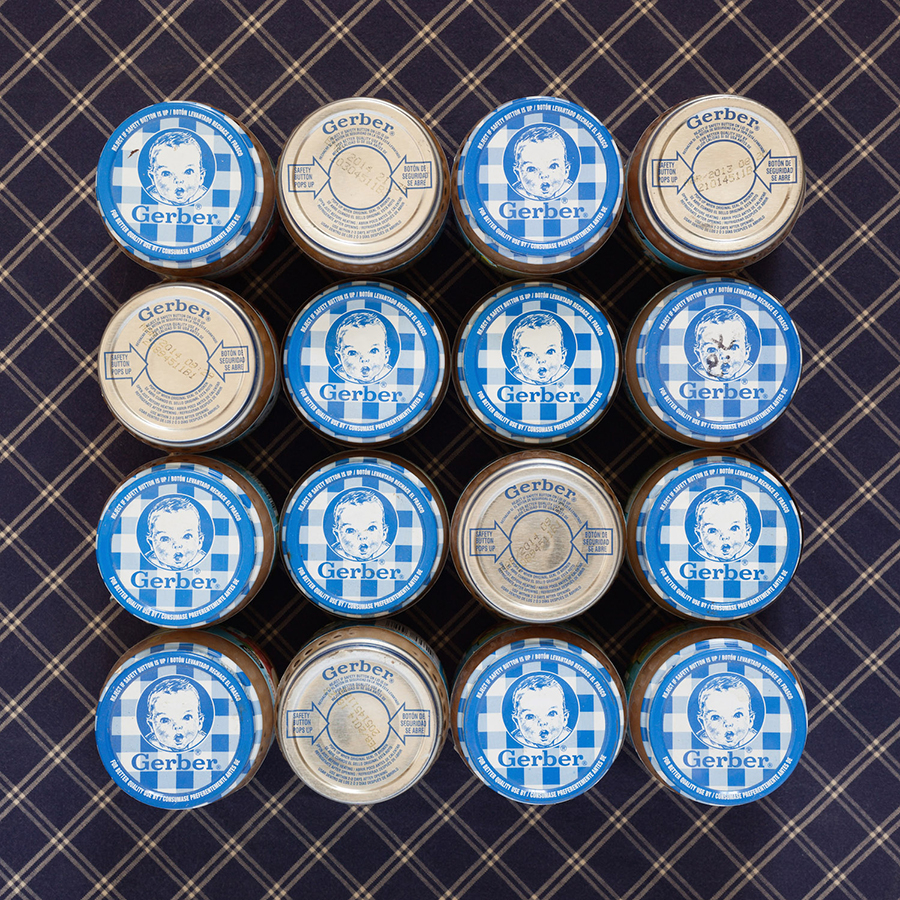
The type of food carried by migrants varies greatly. Babies and young children do travel with parents and older siblings. All food is considered contraband and is discarded during intake.
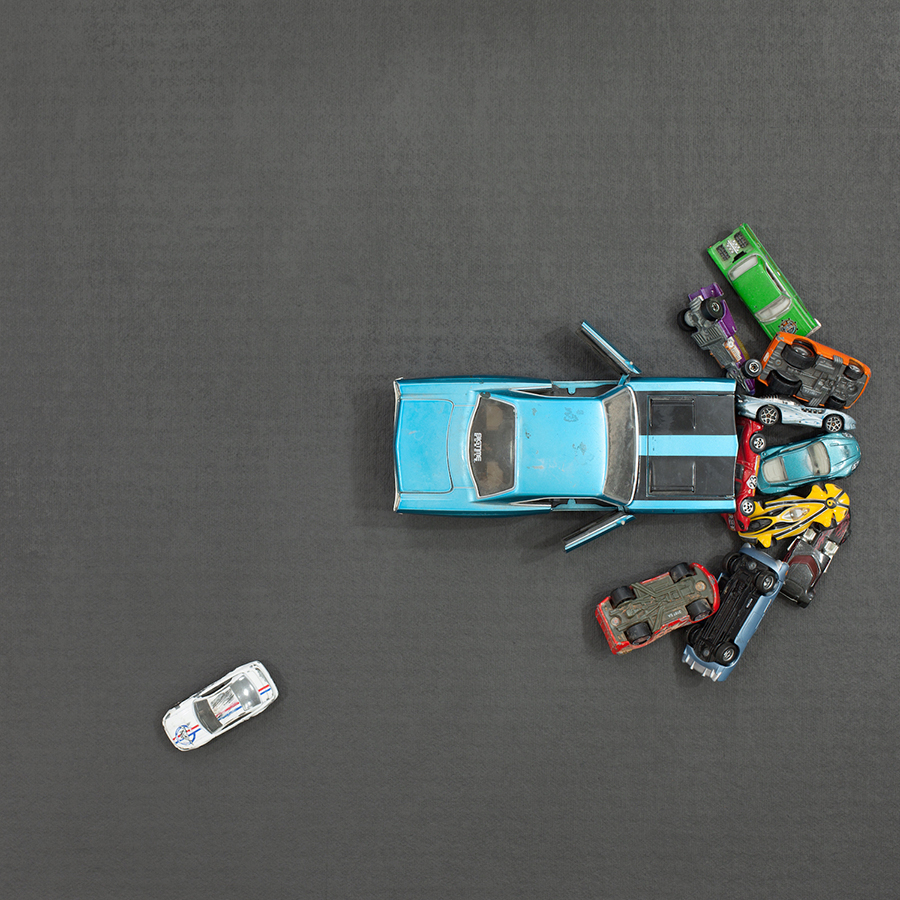
Migrants will carry personal items that are mementos or gifts to a loved one when they reach their intended destination. Personal property considered non-essential is discarded during intake.
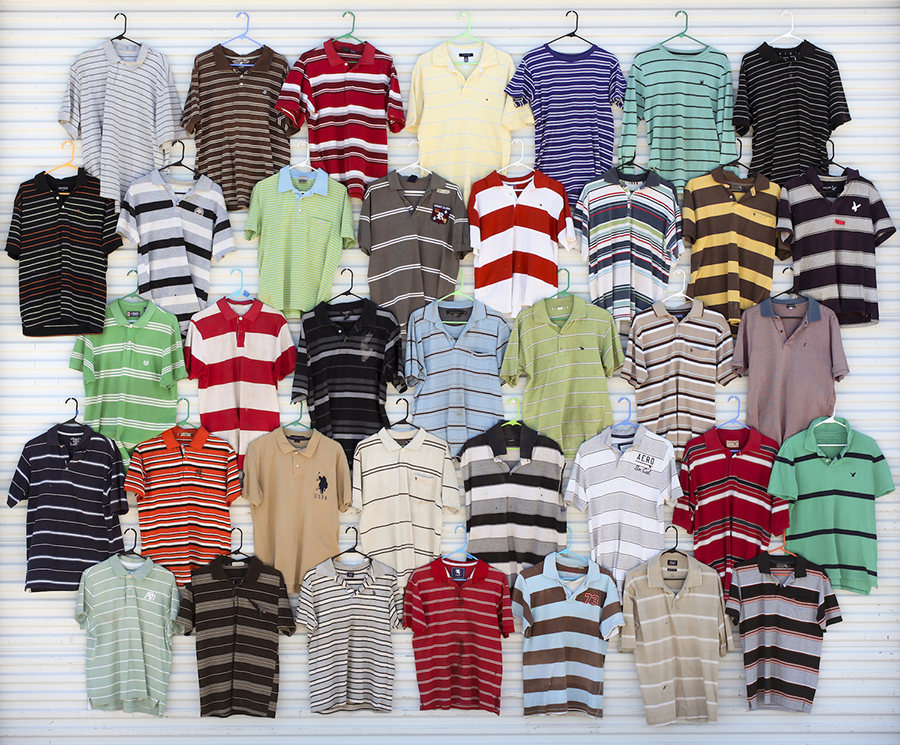
Migrants generally carry additional clothing when crossing the desert so they will have something clean to change into when they arrive. Considered non-essential personal property, extra clothing is often discarded during intake.